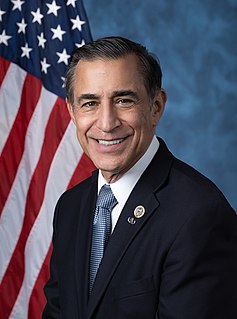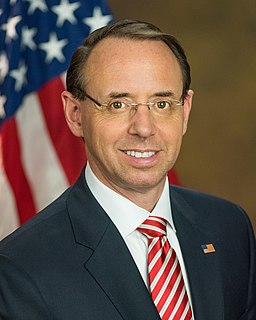A Quote by Adam Cohen
If the courts regarded tweets and other social media information as private, it would not prevent the law enforcement from getting information it really needs. But the government would have to get a search warrant, which requires it to show that it has probable cause connecting what is being searched to a crime.
Related Quotes
I would answer with the words of the Stasi alumnus Wolfgang Schmidt, who was asked that question: "What about these Americans who say, I have nothing to hide?" And he said, and I quote: "This is very naïve. This is the reason that the government collects the information in the first place to use against you. The only way to prevent that is to prevent the information from being collected in the first place." End quote.
The law in Russia bans "propaganda of homosexuality," which is defined as dissemination of information that can cause harm to the spiritual or physical development of children, including forming in them the erroneous impression of the social equality of traditional and nontraditional sexual relations. It's a law that actually enshrines second-class citizenship - it makes it a crime to claim social equality.
I think it's reasonable that the government, when it has a warrant from a court, when it's exposed to scrutiny by a legal process that would be upheld, not just nationally, but internationally as a reliable and robust standard rights protection, they can enjoy certain powers. This is no different from having the police able to get a warrant to go and search your house, to kick at your door because they think you're an arms dealer or something like that. There needs to be a process involved, it needs to be public, and it needs to be challengeable in court at all times.
Well, when people talk about interrogating terrorists, they're acting like this is some sort of law enforcement function. Law enforcement is about gathering evidence to take someone to trial, and convict them. Anti-terrorism is about finding out information to prevent a future attack so the same tactics do not apply.
I would like to see transparency become the default for the American government: Abolish the Freedom of Information Act so we don't have to ask government for information but government must ask to keep information from us. The more transparent government is, the more collaborative it can become. The more our officials learn to trust us - with information and a role in government - the more we can trust them.
It is important to remember that value investing is not a perfect science. It is an, with an ongoing need for judgment, refinement, patience, and reflection. It requires endless curiosity, the relentless pursuit of additional information, the raising of questions, and the search for answers. It necessitates dealing with imperfect information - knowing you will never know everything and that that must not prevent you from acting. It requires a precarious balance between conviction, steadfastness in the face of adversity, and doubt - keeping in mind the possibility that you could be wrong.
I don't think a reporter necessarily becomes an arm of law enforcement. I think a reporter is like any other citizen. If a citizen can do his or her duty as a witness, if they have information about a crime, or if they have information about a criminal group, I think that there's a duty on the part of the citizen.
Normally if you add information to information, you have more information. In case of my art, I destroy information, I would say, because the image is disturbed by the writings. In a way, they become pure imagery. For me it's really fun because it's an idealistic approach to images, to just play around with information and see what's happening.

































